
Arts & Culture
Narcissus and the drawbacks of being a hot teenage boy
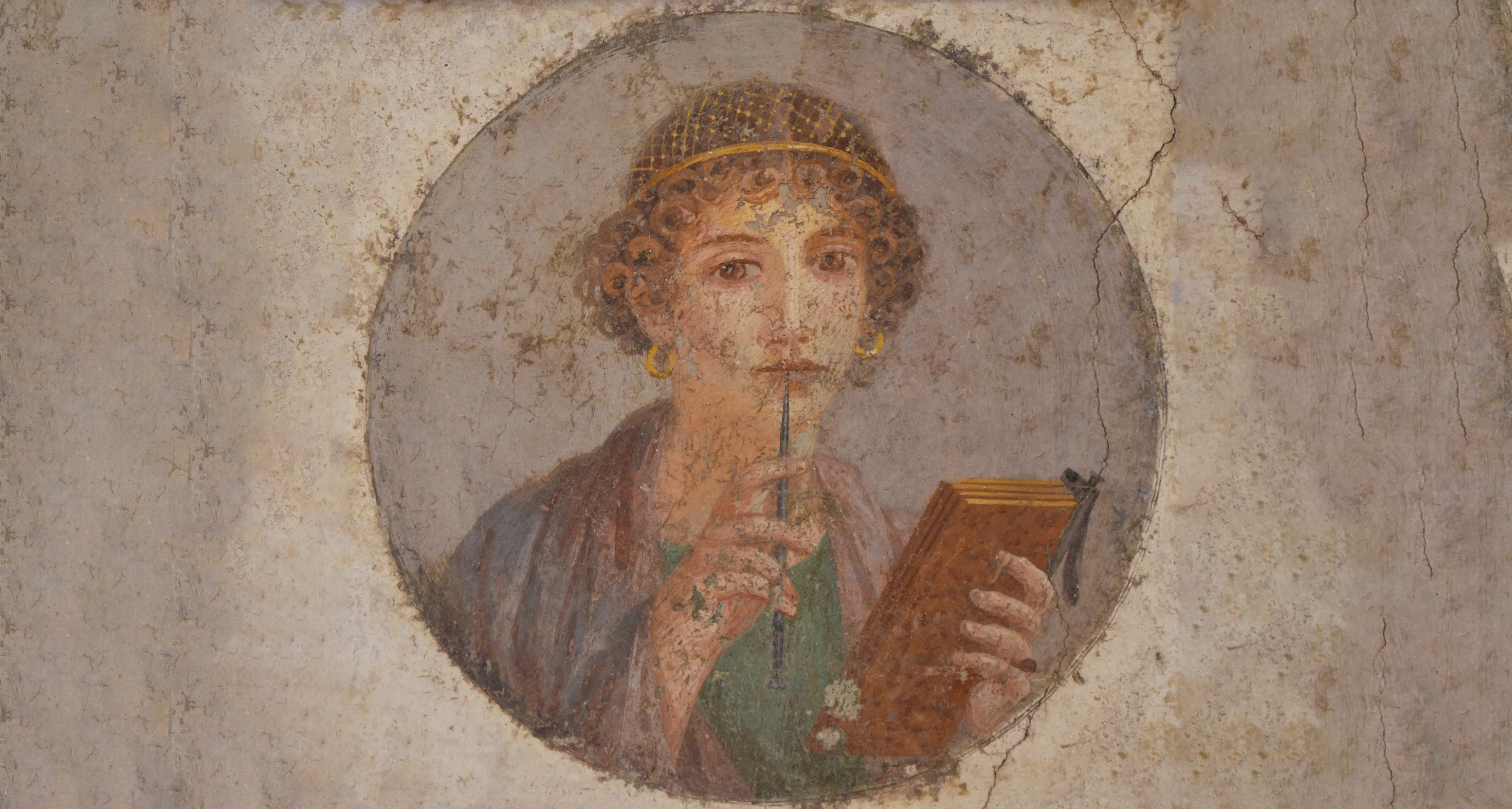
What you’re going to do with your life is one of the big questions young people grapple with. But rest assured, some of history’s greats went through it too
Published 6 September 2024
If you’re a young person (or a parent of one), you may be thinking some big thoughts about your future. Am I going to go to university? Maybe I’ll look at a trade? I might want to travel? Or maybe I don’t? Do I have to decide now? I don’t know what I want to do with my life.
These big decisions you’re trying to make about your future are nothing new. In fact, we have ancient stories (and advice) that tell us about the very real struggle to work this out dates back millennia.
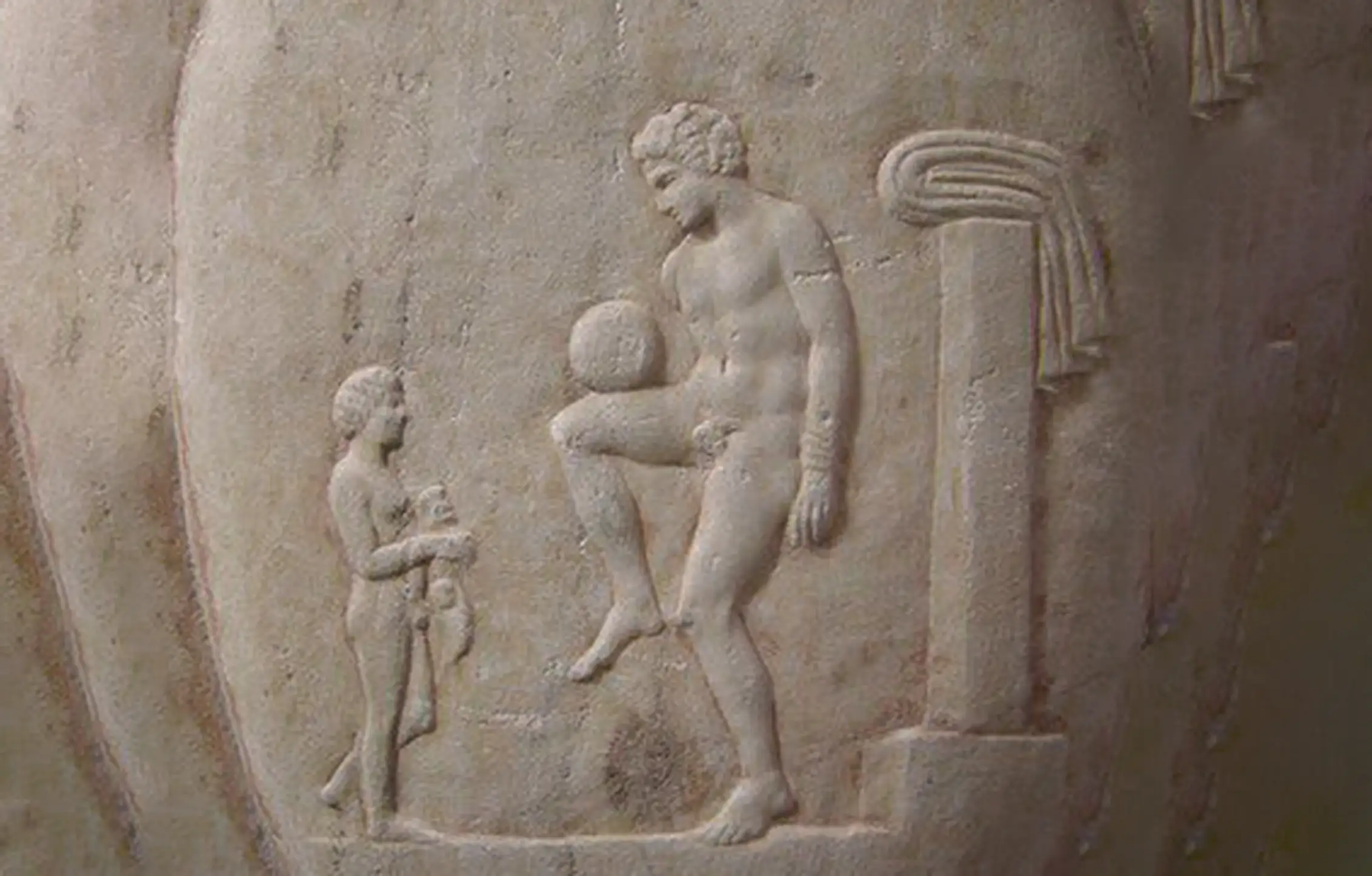
Some of the most famous names in ancient history struggled with the existential crisis of what to do with their lives.
Not many thinkers have been as influential in history as Plato (c. 429 –347 BC), the great Athenian philosopher.
But ancient stories tell us that Plato wasn’t always so sure about his direction in life.
According to the Roman writer Claudius Aelian (2nd-3rd century AD), when Plato was young he was indecisive about his future.

Arts & Culture
Narcissus and the drawbacks of being a hot teenage boy
As Aelian tells us, Plato’s decision to become a philosopher was helped when he met the Greek philosopher, Socrates.
"Plato, son of Ariston, was on the point of leaving for military service abroad owing to his financial difficulties. He was found by Socrates buying his weapons, but lost his enthusiasm when Socrates put the right consideration to him and persuaded him to fall in love with philosophy."
Another famous ancient who apparently faced the same struggles about his life’s purpose when he was young was Aristotle (384 – 322 BC).
Aristotle was the son of a wealthy doctor named Nicomachus, but both of his parents died when he was young.
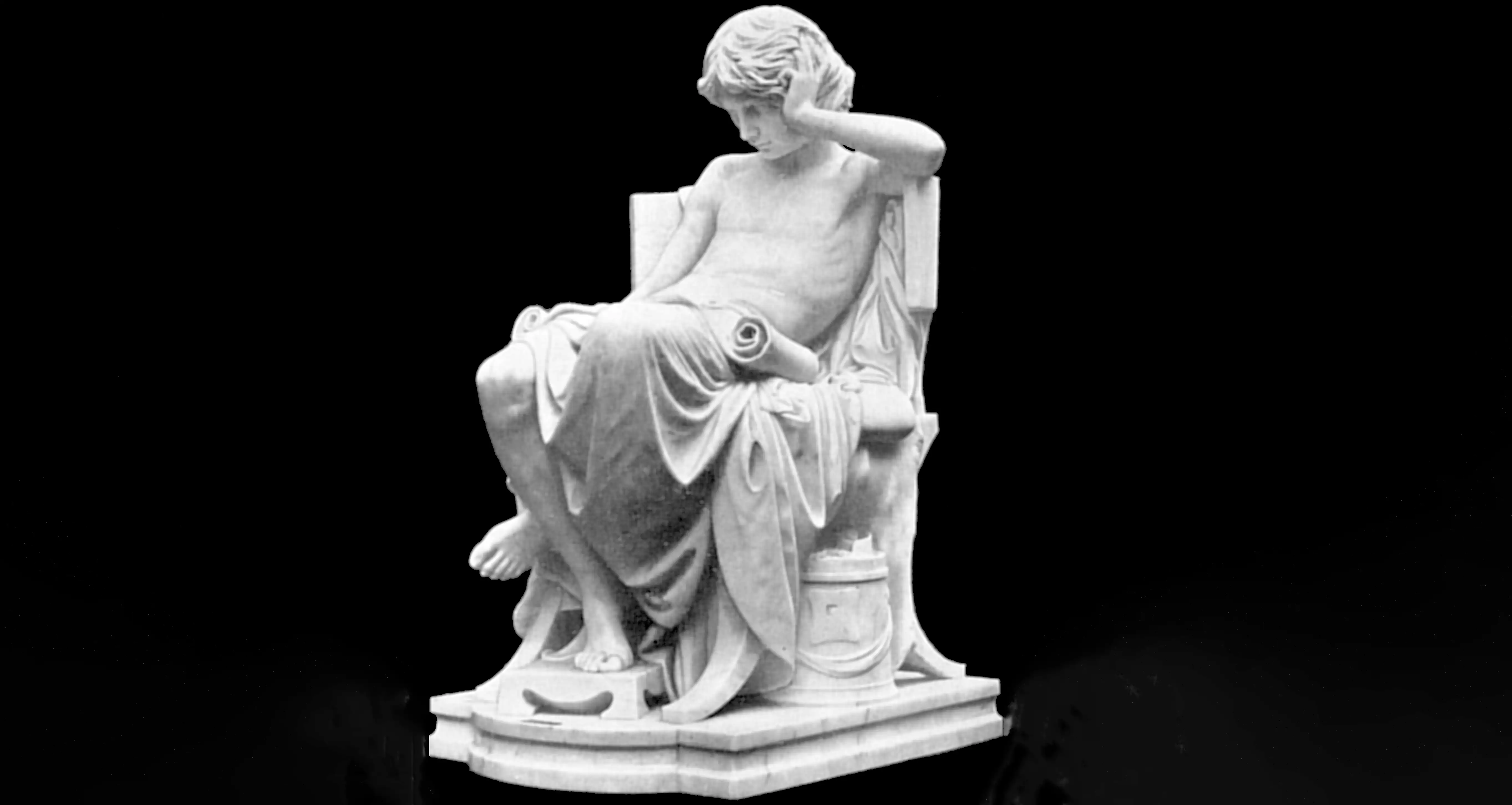
According to a biographical account in the Letter on Lifestyles by the moral and natural philosopher Epicurus (341 – 270 BC), after the death of his parents, Aristotle tried a number of careers before he settled on philosophy:
"After Aristotle gobbled up his inheritance, he tried military service, and when he failed at that, he moved on to selling drugs. Then when Plato’s school opened, he says, he took himself off there and sat in on the lectures. He was no fool, and gradually embarked on the contemplative path."
What Plato and Aristotle both needed was a little guidance and support. They were trying choices on for size and hadn’t really committed, until they found the thing they loved most.

Arts & Culture
How do you crack the code to a lost ancient script?
Sometimes chance encounters with people we meet are the thing that helps us find our path in life.
The experience of Greek thinker Protagoras of Abdera (c. 490 – 420 BC) is a great example of this.
According to ancient lore, Protagoras found his direction in life after randomly meeting the philosopher Democritus of Abdera (c. 460 – 370 BC):
"The sophist Protagoras, who originally worked as a porter and transporting firewood, was initially Democritus’ scribe. Democritus was struck by a peculiar way Protagoras had of stacking wood. He started there, was taken on by him, and taught reading and writing in some village. From there he moved on to be a sophist."
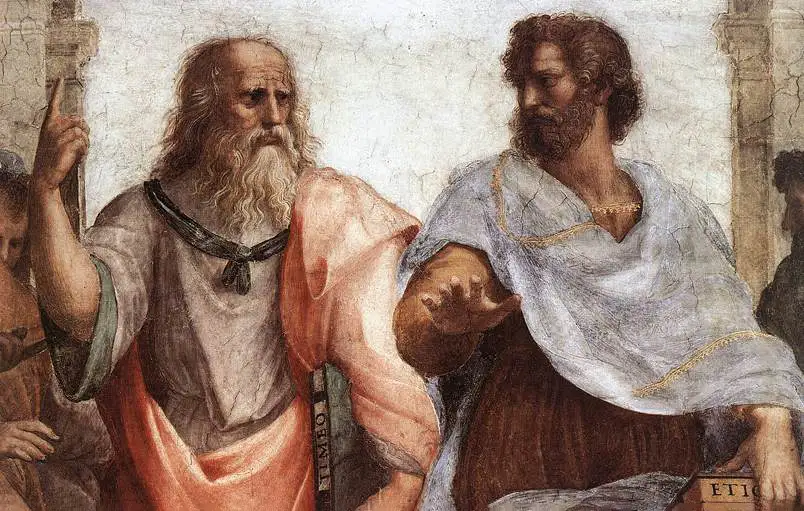
Thanks to this chance meeting, Protagoras became a celebrated thinker.
He is still remembered for (among other things) his famous saying that “man is the measure of all things” which was interpreted by Plato (another one of our slightly confused teens) to mean that there is no objective truth – although this is still debated.
There are many paths in life, and we can never really know how things will turn out.
One ancient poet who recognised the unpredictability of things was Theognis of Megara (7th century BC).
In one of his poems, he writes:
‘It often happens that the activities of men flow along well contrary to expectation and hope, while their plans meet with no success.’

Arts & Culture
What was it like to be a child in the Roman Empire?
If we want to pursue a dream or an ambition, there are many ways to go about it.
The Greek writer Athenaeus of Naucratis (2nd century AD) says, when he’s describing the different characters in Homer’s Iliad: “all are utterly devoted to excellence but pursue it by different paths”.
Meanwhile, the great Roman and Greek physician Galen (129 – 216 AD) offers young people specific advice about how to achieve success or happiness in their chosen area:
“The fact is that he whose purpose is to know anything better than the multitude do must far surpass all others both as regards his nature and his early training. And when he reaches early adolescence he must become possessed with an ardent love for truth, like one inspired.
“Neither day nor night may he cease to urge and strain himself in order to learn thoroughly all that has been said by the most illustrious of past people. And when he has learnt this, then for a prolonged period he must test and prove it, observing what part of it is in agreement, and what in disagreement, with obvious fact.”
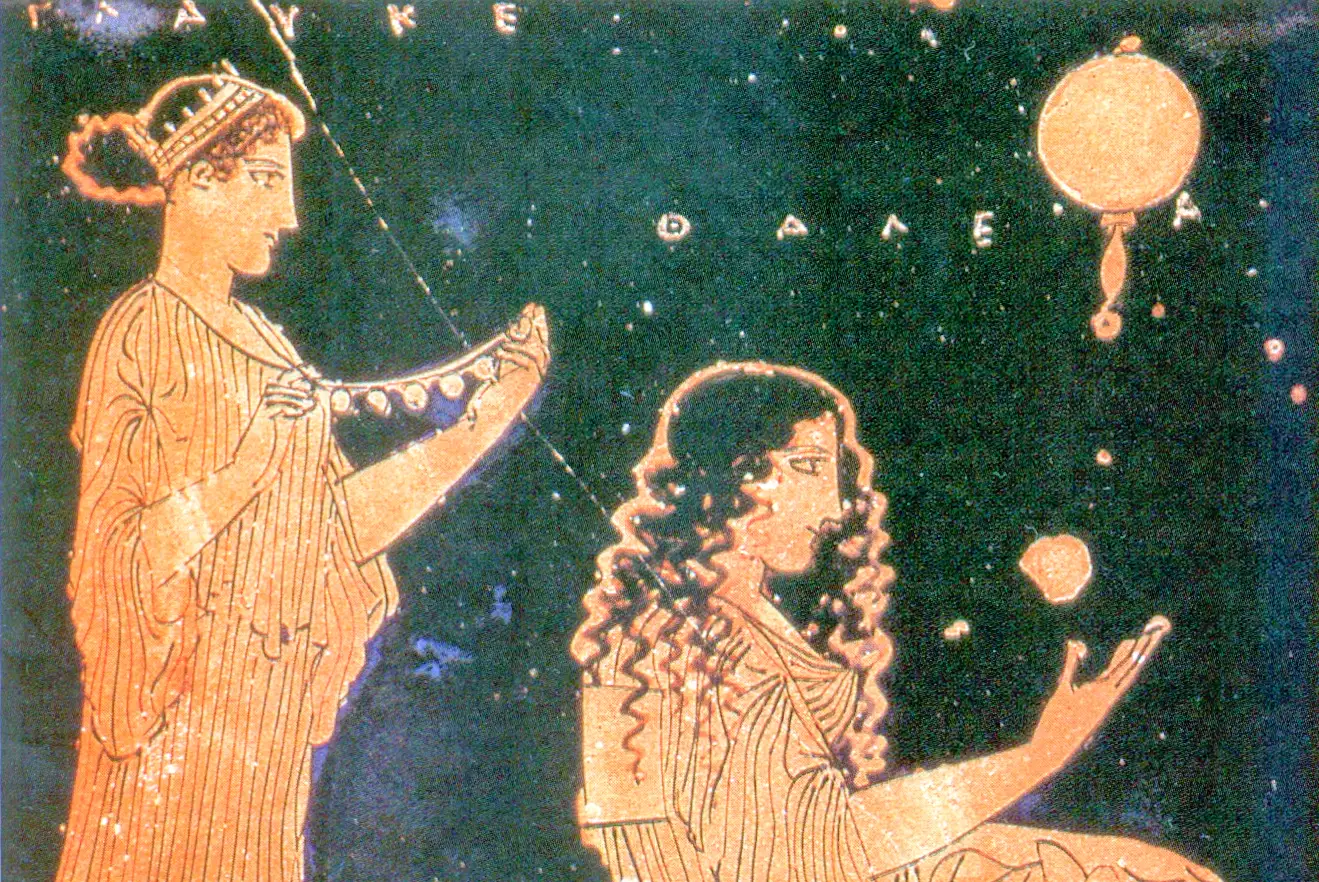
No matter what you decide to do with your life, the ancients repeatedly emphasise that the path you choose isn’t necessarily the most important thing.
What’s essential, they say, is not to forget to find some enjoyment in life no matter what happens, because everything else is fleeting.
As one unknown Greek tragedian wrote:
“I would like to offer all mortals a bit of advice, which is to enjoy their day-to-day existence. Because a dead man’s nothing – just a shadow under the earth. You need to enjoy the brief life you have while you’re alive!”
So, when you’re thinking about those big decisions, remember, you aren’t the first and won’t be the last to feel this way.
You can look to ancient history for some advice, and don’t forget to have some fun along the way.